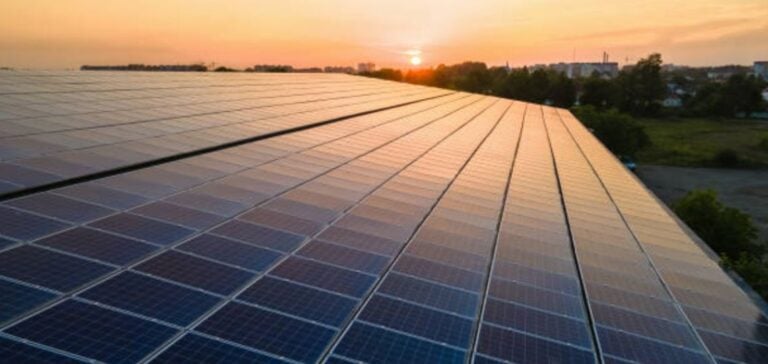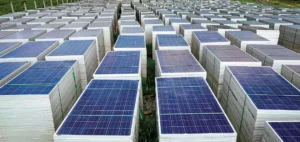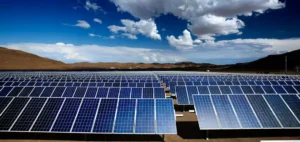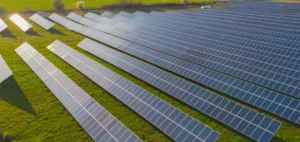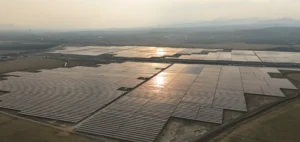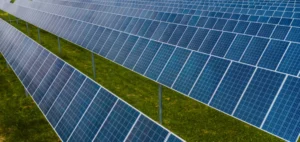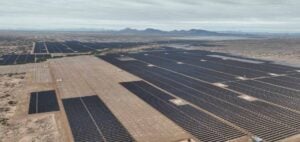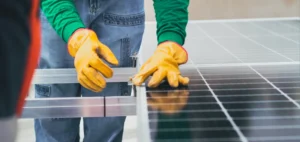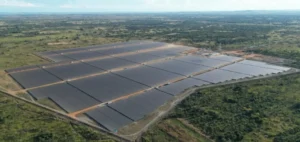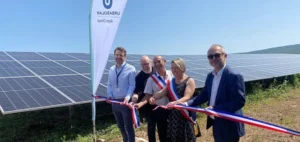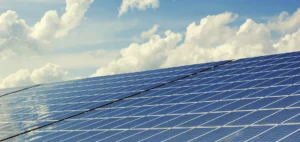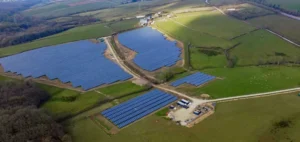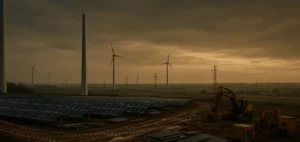The Republic of Serbia is strengthening its commitment to renewable energy by allocating 168 million dinars (approximately 1.436 million euros) to equip public infrastructures with solar panels. This funding, implemented by the Ministry of Mining and Energy and the Ministry of Public Investments, targets schools, gyms, museums, and other buildings across 30 municipalities.
The distribution of funds was formalized during a ceremony in Ub, where Ministers Dubravka Đedović Handanović and Darko Glišić emphasized the importance of this program for local communities and economic competitiveness. “All municipalities must progress and improve citizens’ lives through innovative projects,” stated Darko Glišić.
Investments in energy transition
This program is part of a broader national strategy for energy rehabilitation of public buildings. Since 2020, the Ministry of Mining and Energy has allocated 4.63 billion dinars (39.574 million euros) for these efforts. In 2024, an additional 800 million dinars (6.838 million euros) were allocated to modernize public energy infrastructures.
The Serbian government aims to reduce the country’s reliance on fossil fuels while contributing to its climate objectives, including those set by the Paris Agreement and the European Green Agenda.
A strategic partnership with France
International cooperation also plays a key role in Serbia’s energy transition. The French Development Agency (AFD) actively supports this dynamic with a grant of 650,000 euros dedicated to developing tools for energy planning. Among these initiatives is a macroeconomic-energy model designed to project the economic, environmental, and social impacts of various energy scenarios by 2050.
This project, carried out in collaboration with the International Research Center for Environment and Development (CIRED) and Serbian academic institutions, aims to provide policymakers with reliable data to guide public policies.
Business and climate benefits
These initiatives also support the development of the renewable energy sector in Serbia, attracting both local and international investors. They strengthen the country’s competitiveness in global markets while consolidating national energy security.
By mobilizing these financial resources and international partnerships, Serbia aims to become a key player in the energy transition in the Western Balkans while meeting its European climate commitments.

